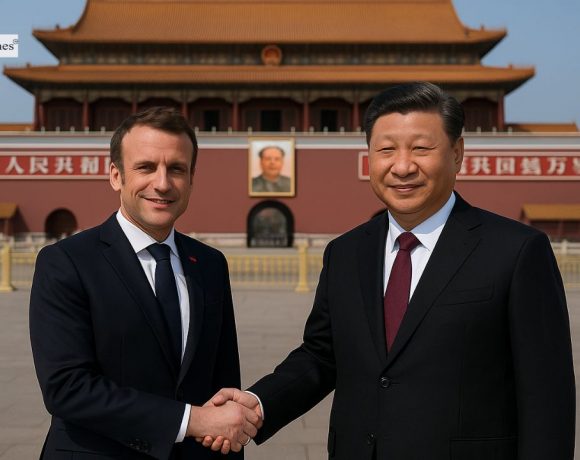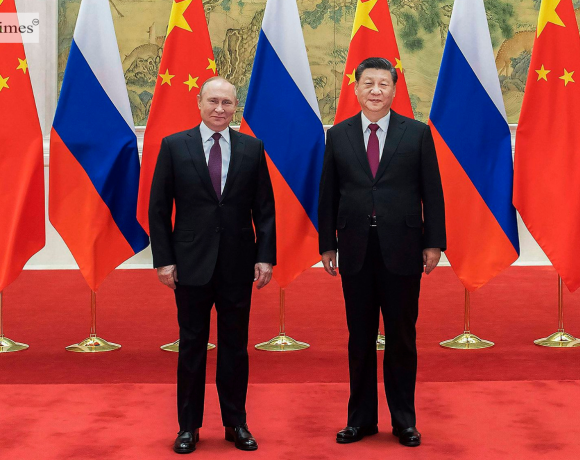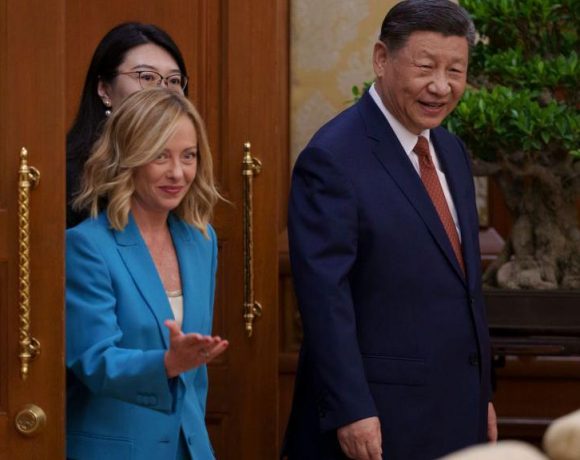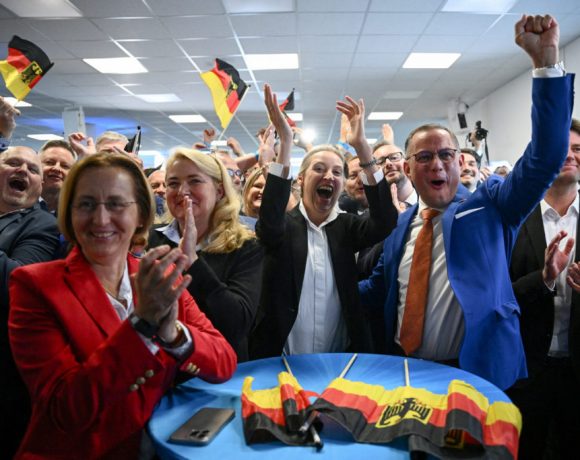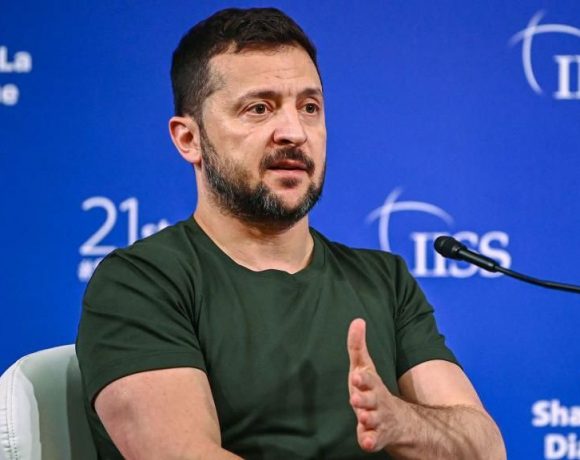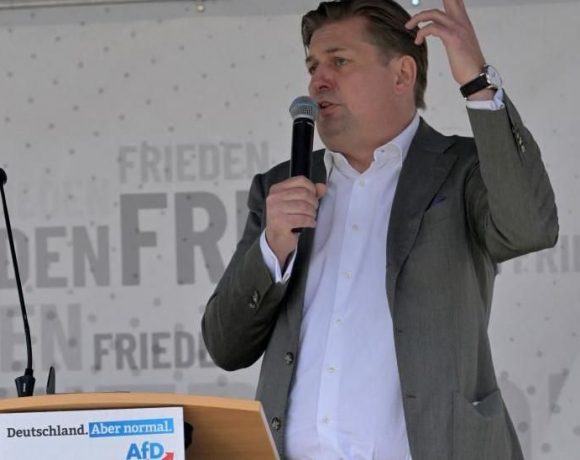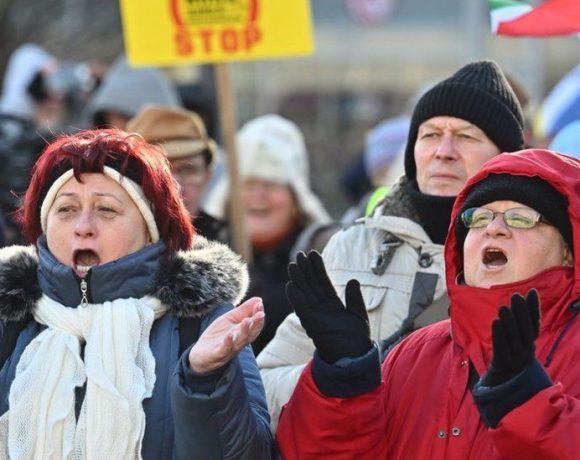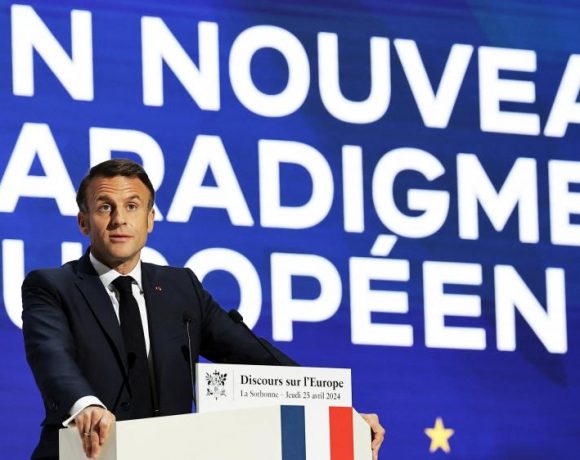
Wingtech Technology, the Chinese parent company of Dutch chipmaker Nexperia, has invited the court-appointed custodians of Nexperia to discuss control of the company—seen as a potential first step toward easing months of internal tensions. The rift between Nexperia’s European management and its Chinese parent deepened after the Dutch government intervened in September, leading to a court ruling that removed Wingtech founder Zhang Xuezheng as CEO over concerns he intended to shift production to China.
Although both sides have signaled interest in dialogue, they disagree on the agenda. Nexperia says it wants talks focused on restoring normal supply chain operations, which have been hit by wafer shipment stoppages, unpaid invoices and growing chip shortages that have affected global automakers. Wingtech, however, insists discussions must first address the restoration of its ownership rights and lawful control over the company.
Court-appointed custodian Arnold Croiset van Uchelen confirmed receiving Wingtech’s invitation but declined to share details of any upcoming meeting. Meanwhile, Nexperia’s Chinese packaging arm has declared itself independent and is seeking Chinese-made wafers, while the European unit has halted shipments to China. With dwindling chip inventories, the auto industry fears fresh shortages may emerge as early as January.
Pic courtesy: google/ images are subject to copyright

